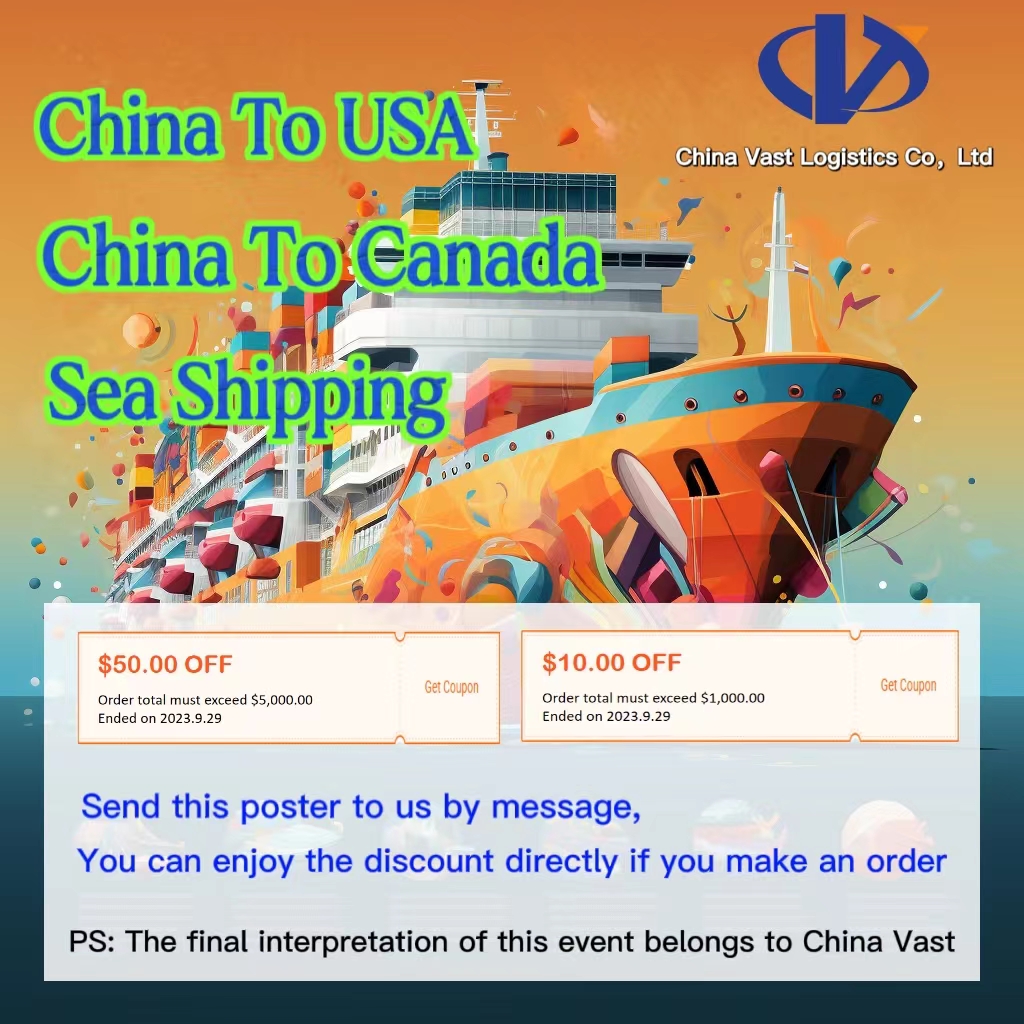What Are Incoterms?
Incoterms (International Commercial Terms) are essential rules in global trade that define the responsibilities, costs, and risks shared between buyers and sellers in cross-border transactions. There are 11 widely used Incoterms, grouped as follows:
E Group: EXW
F Group: FCA, FAS, FOB
C Group: CFR, CIF, CPT, CIP
D Group: DAP, DPU, DDP
Today, we begin with the simplest Incoterm of all—the E Group’s EXW.
What Is EXW (Ex Works)?
EXW (Ex Works) is an international trade term that refers to “delivery at seller’s premises (or another named place)”. Under EXW, the seller makes the goods available at their own location—typically a factory or warehouse—and the buyer is responsible for all further steps, including loading, transportation, export customs clearance, and import procedures.
This makes EXW the most straightforward and least risky Incoterm for sellers.
Real-World Context in China
In practice, Chinese sellers often help with loading the goods onto the buyer’s truck, and also assist with providing export documentation to the customs broker. The seller typically needs to:
Clarify whether the export is under bonded trade or general trade;
Grant customs clearance authorization to the broker in the China Customs system;
Provide packing lists, invoices, and other required documents.
Seller’s Obligations
Prepare the goods and make them available at the named place (e.g., factory or warehouse);
Bear the risks and costs associated with the goods before delivery, such as packaging and labeling;
Not responsible for loading, transportation, export clearance, or insurance—unless specifically agreed in the contract.
Buyer’s Obligations
Arrange pickup of the goods and handle all subsequent risks and costs, including loading, inland transport, export and import clearance, and insurance;
If loading or customs assistance is required from the seller, this must be clearly stated in the contract (e.g., “EXW Loaded”).
Risk Transfer
Risk transfers from the seller to the buyer once the goods are made available at the seller’s premises and the buyer takes over.
When to Use EXW
EXW is ideal for:
High-value, fragile, or flammable goods, where the seller wants to minimize risk;
Exports to the United States, where minimum tariffs can be as high as 27.5%, making clear cost control essential.

